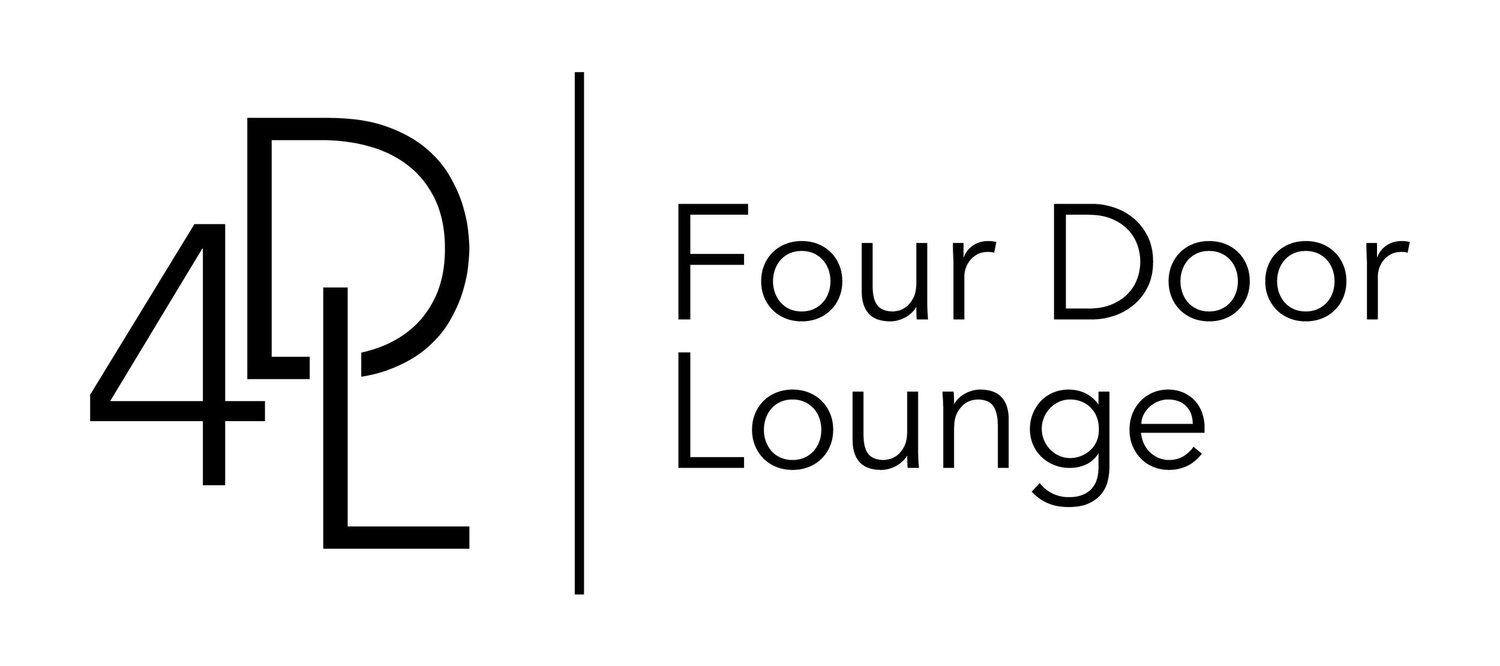Simple and Direct 3
Originally posted 24 September 2017
I simplify Jacques Barzun’s lessons in his first two chapters of Simple and Direct to be 1) make sure you know what your words mean (diction), and 2) make sure the order of your words say what you want them to say (linking). Chapter three, “Tone and Tune, or What Impression Will It Make?” follows directly from those two lessons.
He is talking about what I would call “Style,” but not what the style manuals would call it. Style manuals, such as The Chicago Manual of Style or the Associated Press Stylebook, use the word to mean standard practices, and often that implies what is considered “correct” or acceptable. For instance, the CMS now officially states that it does not prohibit the use of the “singular ‘they,’” as in the sentence “Does anyone want their pizza reheated?” This is the kind of consideration they call “style.” I can accept that definition of the word “style,” because, you know, my avocation defines it that way. But my personal use of the word tends more toward fashion and expression of character, as in hair style, clothing style. In writing, this interpretation coincides more with what is also called “voice.” Some mid-century critics proclaimed “The style is the man.” And I take that to mean that the written voice of the writer is the personal character of that writer.
I believe “style” or ‘voice” is what Barzun means, for the most part, by “tone and tune.” As we should remember, Barzun is arguing for a particular approach, or style, which he calls “simple and direct.” Sometimes I think that he is saying, merely, over and over, just some version of “Come on, folks, just write like you are a human being writing to other human beings.”
In arguing for what he prefers, Barzun belittles what he finds offensive: a pseudo-technical style, a staccato style, a pseudo-colloquial style, a quasi-sophisticated style, and a genteel style. At certain points of my life, I know that I have been guilty of each of these. I have done so to dress up and disguise empty ideas, to talk down to my reader, to pretend to be folksy and sneak in a condescending insult, and to affect a greater bank account and gentler sensibility. The culprits, of course, are institutions (bureaucracies, corporations, newspapers, universities) and individuals who have something to sell and something to hide. They use language to dull one set of senses and to stimulate another. They hope to obfuscate and to over-excite. The plain, simple, direct style aims to accomplish neither.
Barzun doesn’t say this explicitly, but I will: If one’s style is one’s self, then working toward a clear, honest style is an effort to become a clear, honest person. Writing clearly is a spiritual discipline. Barzun says it like this: “From the various affectations we have sampled, one may conclude that to achieve the plain, even tone recommended by Whitman and Mark Twain, the first requisite is sincerity; the second is a distinct thought. If you are confused in mind or embarrassed in feeling, what comes out betrays your divided self” (98).
This chapter also includes some interesting comments about rhythm in prose, but I will leave that to another time. Here are Barzun’s principles of simple and direct prose from chapter 3:
1. Principle 11: Do not borrow plumes.
2. Principle 12: To be plain and straightforward, resist equally the appeal of old finery and the temptation of smart novelties.
3. Principle 13: The mark of a plain tone is combined lucidity and force.
He illustrates these principles with these examples:
A resurgence of interest in the bell-bottomed slacks worn with a color-contrast top is definitely au courant. With two tops to each pair of slacks you’re fully accessorized.
He felt his frown corrugating his brow. His words curled back against his teeth.
He was a nervous type guy yet wasn’t afraid to go sporting those shoes made of snakeskin like plastic.
In short, the organization would provide a new dimension to our foreign assistance effort, would enable us to focus some of our finest national resources on the critical bottleneck problems of development.
No industry can afford to spend time and money in training persons who will separate after a few months.
One fireman broke into the basement and found the owner sitting incoherently on the floor.
For your added comfort and convenience please lock your door and adjust the chain before retiring.
